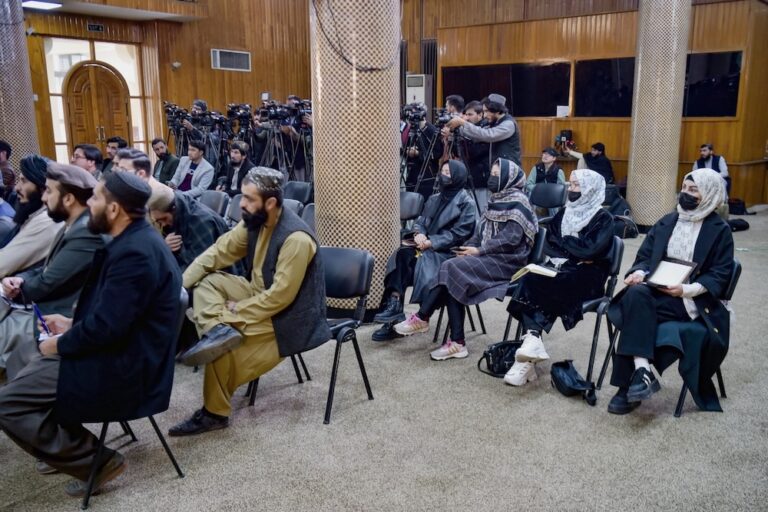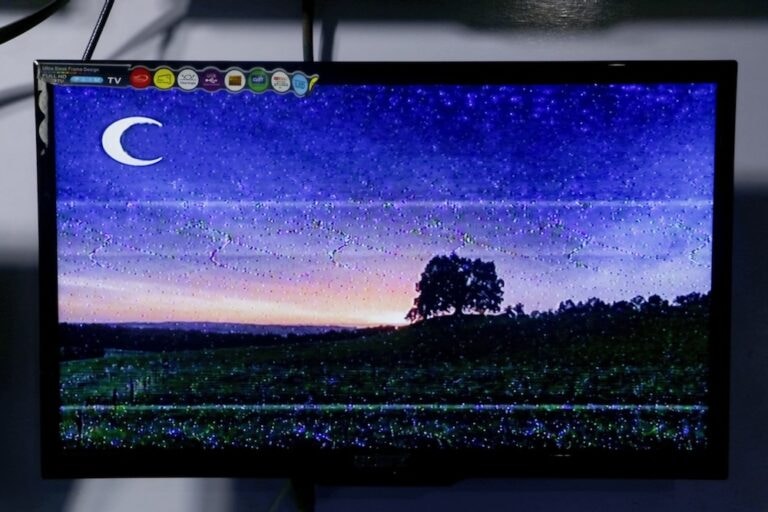(RSF/IFEX) – Reporters Without Borders is disturbed by the arrests, on 23 March 2009 in Kabul, of two commercial TV presenters, Fahim Kohdamani of Emroz and Ajmal Alamzai of Ariana TV. Alamzai was released later the same day but Kohdamani is still being held. “We call for Kohdamani’s immediate and unconditional release,” Reporters Without Borders […]
(RSF/IFEX) – Reporters Without Borders is disturbed by the arrests, on 23 March 2009 in Kabul, of two commercial TV presenters, Fahim Kohdamani of Emroz and Ajmal Alamzai of Ariana TV. Alamzai was released later the same day but Kohdamani is still being held.
“We call for Kohdamani’s immediate and unconditional release,” Reporters Without Borders said. “The Afghan government has again failed to respect press freedom, arbitrarily arresting journalists who have done nothing wrong.”
Kohdamani was arrested at the behest of the Kabul prosecutor for broadcasting “anti-Islamic” and “vulgar” programmes on his music and entertainment show “Biya wa Bibin” (Come and See).
His arrest appears to be linked to letters which clerics sent to President Hamid Karzai accusing Emroz of failing to respect “religious values” after he broadcast music on 7 January, the day of the commemoration of the martyrdom of Husayn ibn Ali, regarded by Shiites as the Third Imam.
The head of Emroz, Najeebullah Kabuli, told Reporters Without Borders he thought the arrest was a reflection of “political interests”, including those of neighbouring countries. Other TV stations have broadcast Indian music and television series without encountering such problems.
Alamzai, the host of Ariana TV’s programme “Didadgah”, was arrested by the National Directorate of Security in connection with a report, consisting primarily of interviews with former Taliban representatives in Kabul, in which he made a direct call to a Taliban spokesman to ask for his reaction. He was freed at around midnight on 23 March.
The head of Ariana TV, Ehsanollah Aryanzai, told Reporters Without Borders: “The programme dealt with Mr. Obama’s comment about ‘dialogue with the moderate Taliban’ and did not endanger Afghanistan’s security. The arrest was illegal because the journalist was virtually kidnapped on the street and no one was told. Furthermore, the opinion of the Commission for the verification of media misconduct is necessary before arresting any journalist.”
For more information about press freedom in Afghanistan, see the recent Reporters Without Borders report entitled “What gains for press freedom from Hamid Karzai’s seven years as president?”


